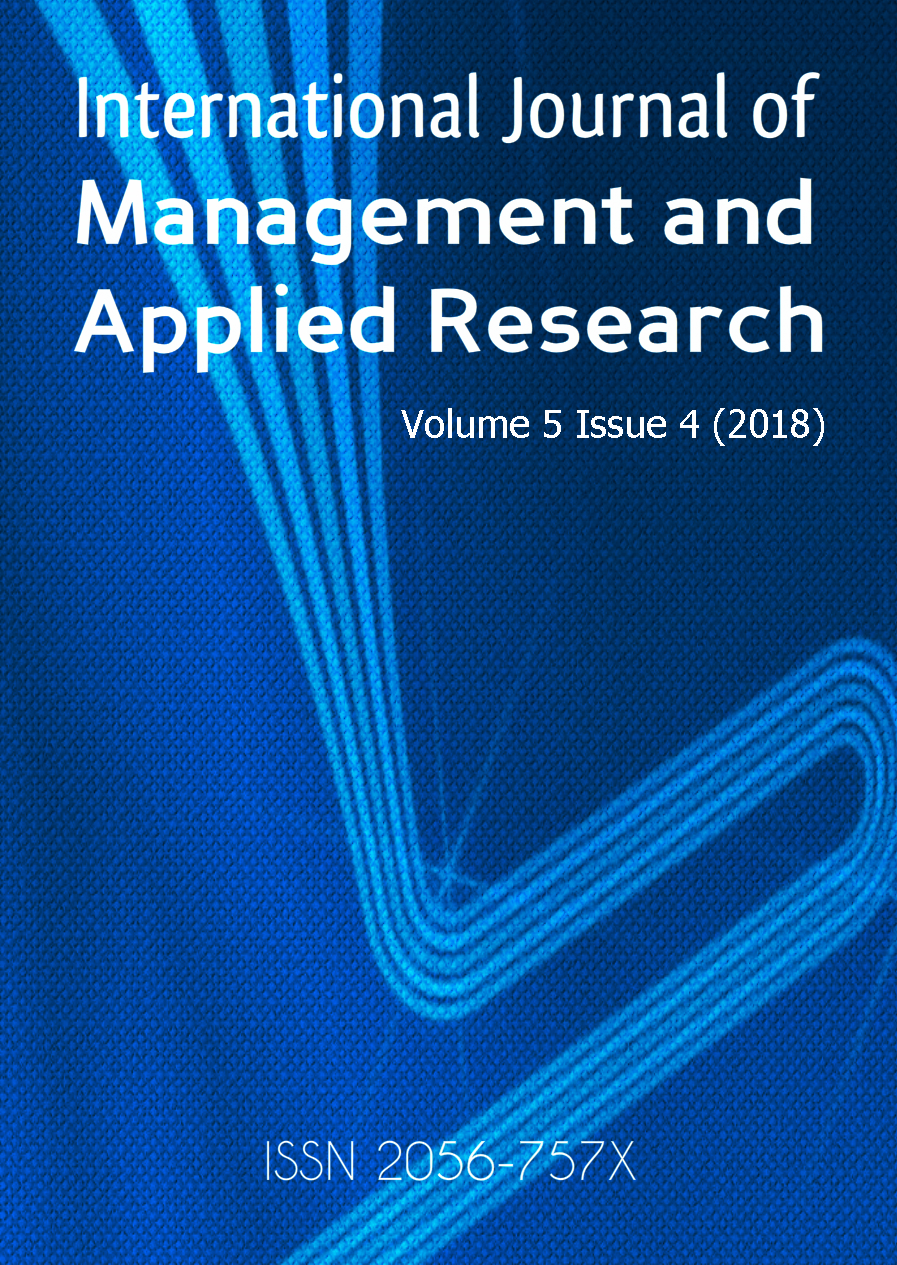Designing Innovation Courses In Higher Education Using LEGO® SERIOUS PLAY®
Designing Innovation Courses In Higher Education Using LEGO® SERIOUS PLAY®
Author(s): Lukas Zenk, Nicole Hynek, Günther Schreder, Agnes Zenk, Attila Pausits, Gerald SteinerSubject(s): Business Economy / Management, Higher Education , Social psychology and group interaction, Behaviorism
Published by: New Millennium Discoveries Ltd
Keywords: LEGO® SERIOUS PLAY®; Collaborative Creativity; Innovation; Higher Education; Competences; Complex Problem Solving;
Summary/Abstract: Problems resulting from the increasing complexity of today’s real-world challenges cannot be solved with standard solutions, and the need for innovation competence is more important than ever. In this societal transition, the role of higher education institutions changes, and meta-innovations in which tacit knowledge is transmitted in the context of working life, are key. The purpose of this paper is to suggest a design of an innovation course in higher education in the context of digital entrepreneurship education based almost exclusively on LEGO® SERIOUS PLAY® (LSP). In two classroom-based training sessions, 38 students experienced through an extra-occupational master programme the entire cycle of innovation from ideation through prototyping to future scenarios. Furthermore, LSP was used as an evaluation method to assess the LSP method itself in the context of higher education. Based on the evaluation, the main advantages of LSP included the exchange of ideas, creative thinking, representation of information, the quality of group interaction, and enjoyment. The main disadvantages were the reluctance of participants, obstacles to implementation, criticism of the outcome, and limitations of the method. The design of the innovation courses allows researchers and practitioners to apply LSP in other higher education institutions as well as in in-house seminars in the industry.
Journal: International Journal of Management and Applied Research
- Issue Year: 5/2018
- Issue No: 4
- Page Range: 245-263
- Page Count: 19
- Language: English

